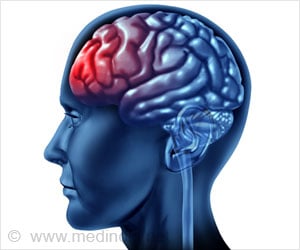Concussion in the lower cortical thickness in the brain combined with genetic risk factors increases the risk of late-onset Alzheimer’s disease.

- Combined with genetic factors, concussions may increase the risk of Alzheimer’s disease.
- Moderate-to-severe traumatic brain injury may influence late-onset Alzheimer's disease.
TOP INSIGHT
Concussion was associated with lower cortical thickness in brain regions that are the first to be affected in Alzheimer's disease.
Using MRI imaging, the thickness of their cerebral cortex was measured in seven regions that are the first to show atrophy in Alzheimer's disease, as well as seven control regions.
"We found that having a concussion was associated with lower cortical thickness in brain regions that are the first to be affected in Alzheimer's disease," explained corresponding author Jasmeet Hayes, PhD, assistant professor of psychiatry at BUSM and research psychologist at the National Center for PTSD, VA Boston Healthcare System.
"Our results suggest that when combined with genetic factors, concussions may be associated with accelerated cortical thickness and memory decline in Alzheimer's disease relevant areas."
The brain abnormalities were found in a relatively young group, with the average age being 32 years old. "These findings show promise for detecting the influence of concussion on neurodegeneration early in one's lifetime.”
The researchers hope that others can build upon these findings to find the precise concussion-related mechanisms that accelerate the onset of neurodegenerative diseases such as Alzheimer's disease, chronic traumatic encephalopathy, Parkinson's and others.
Reference
- Jasmeet Hayes et al.,Researchers find link between concussions and Alzheimer's disease, Brain (2017).
Source-Medindia
 MEDINDIA
MEDINDIA



 Email
Email




